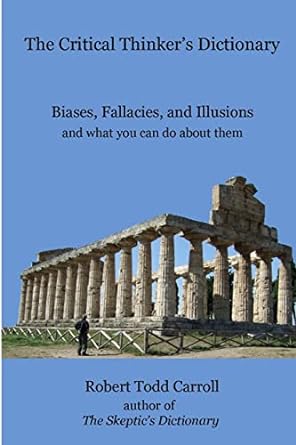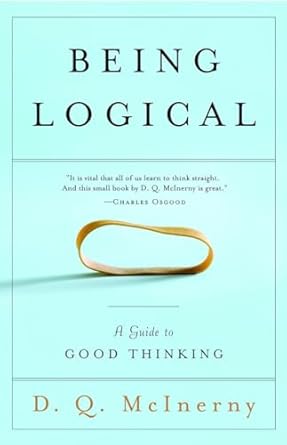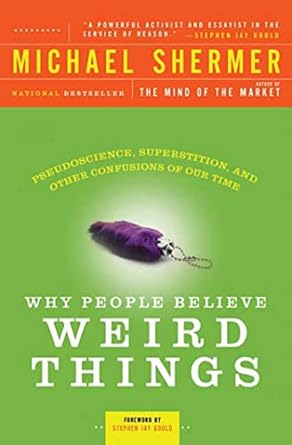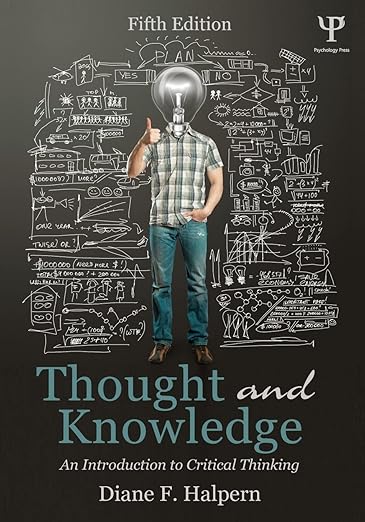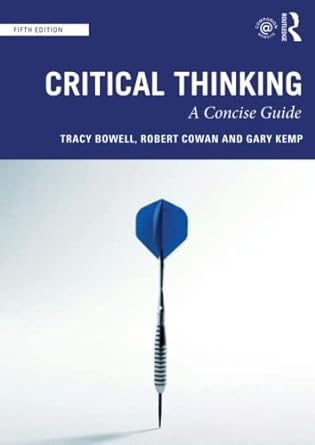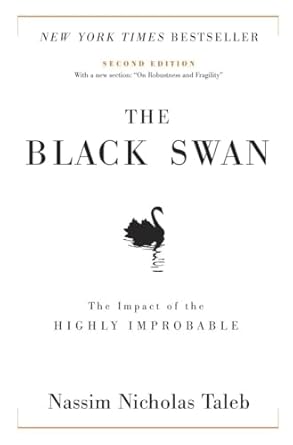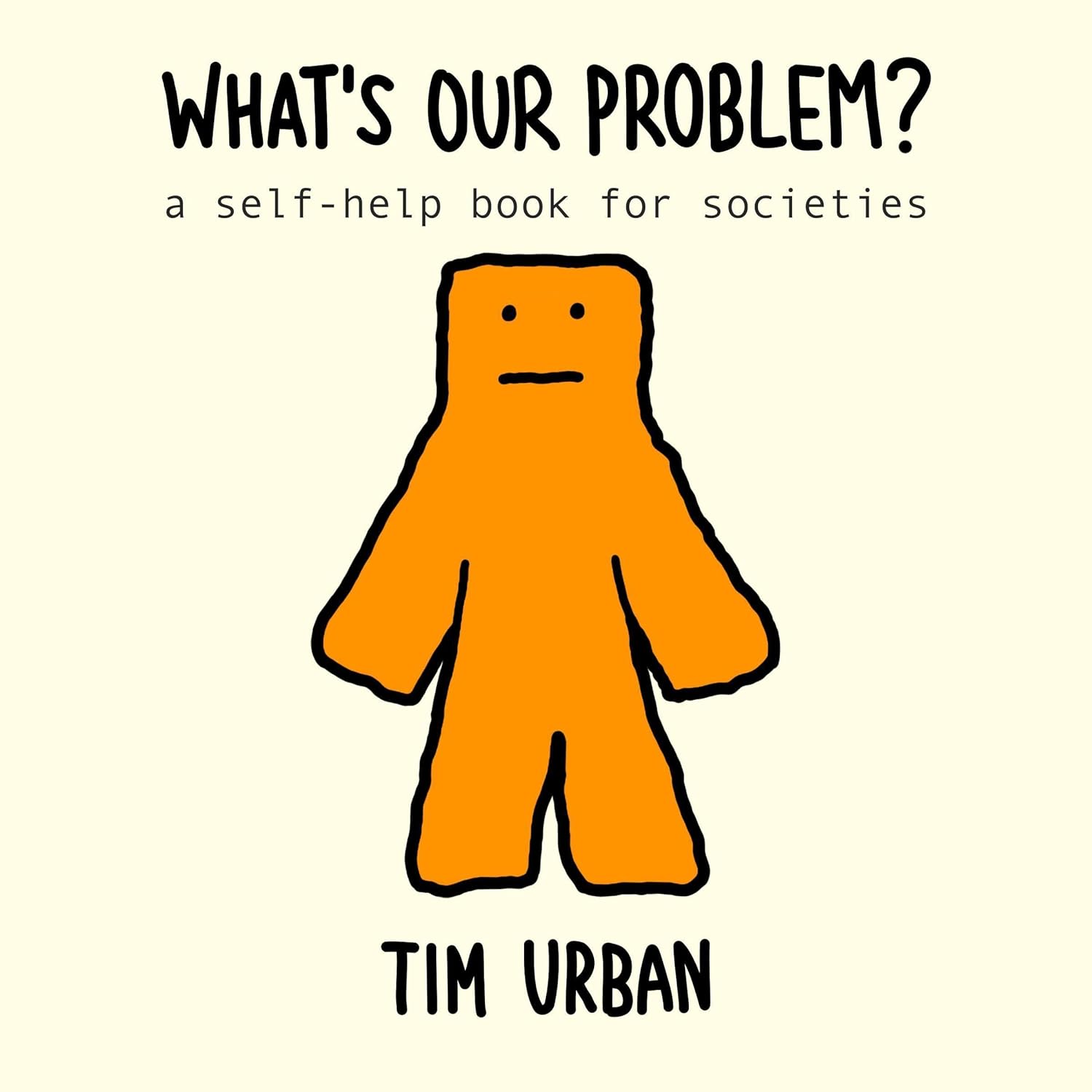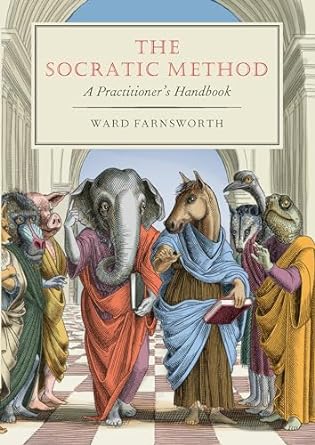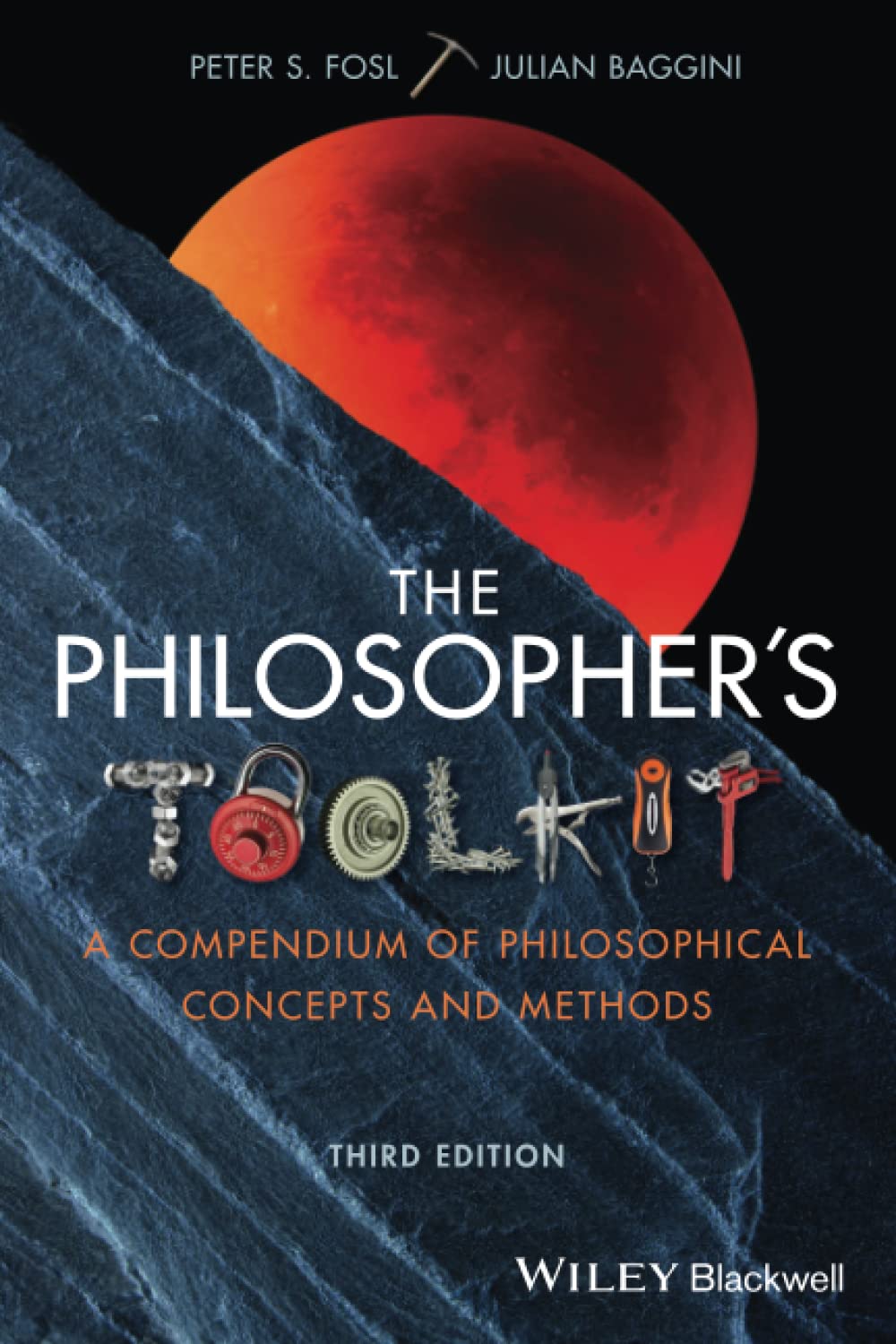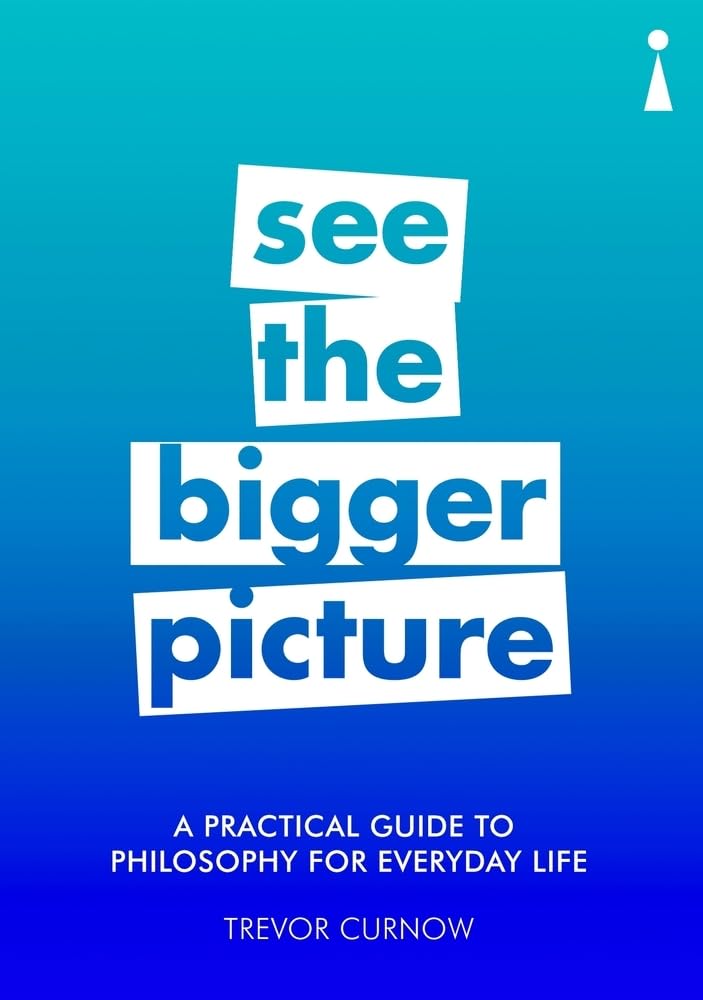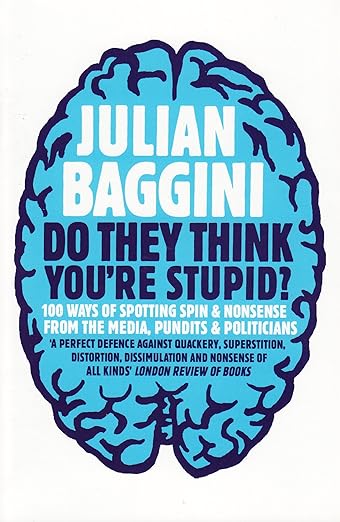Mere Exposure Effect
The tendency for people to like people or things more with more exposure to them.
Key Insights & Principles
Psychology
Insights:- Exposure to people or things can lead to an increased affection, even when we are not consciously aware of the stimulus.
- Overexposure to certain stimuli (music for example) can lead to a decline in affection beyond a certain point.
- Mixing novel ideas with familiar concepts can help with engagement and curiosity.
- We are naturally fearful of new things in our environment, but repeated exposure followed by nothing bad is a safety signal, and we reduce our fear of that which we have repeated exposure to.
- We have a tendency to equate unfamiliarity with increased risk.

